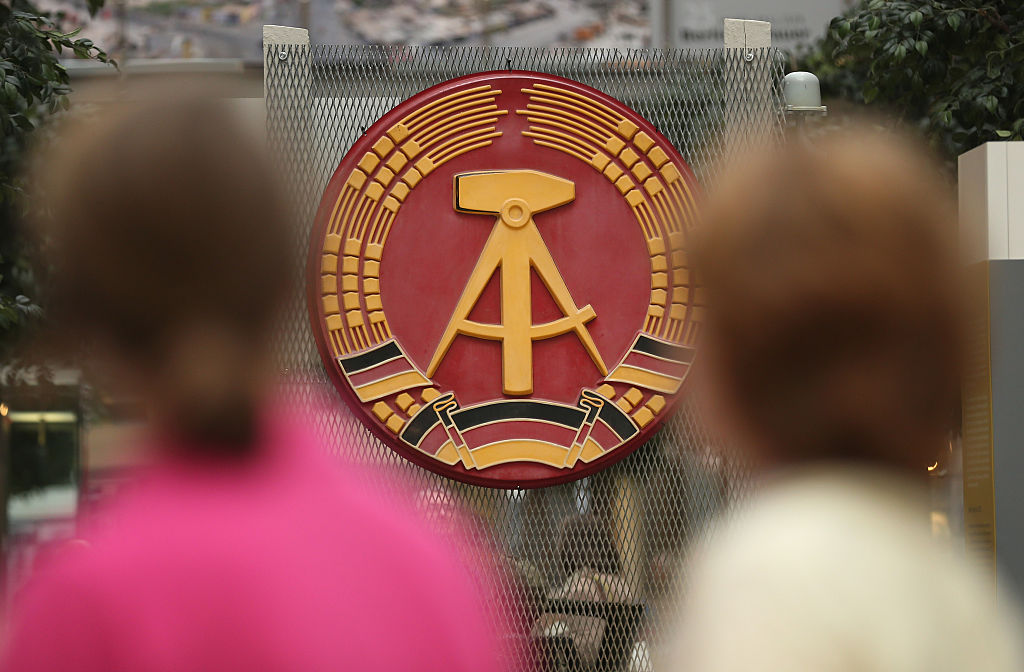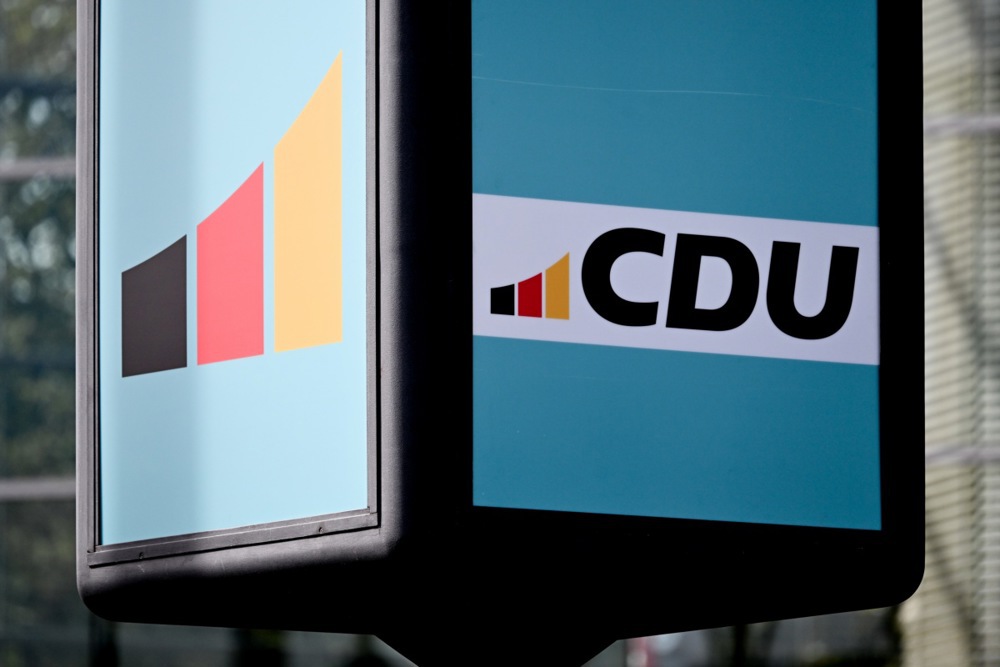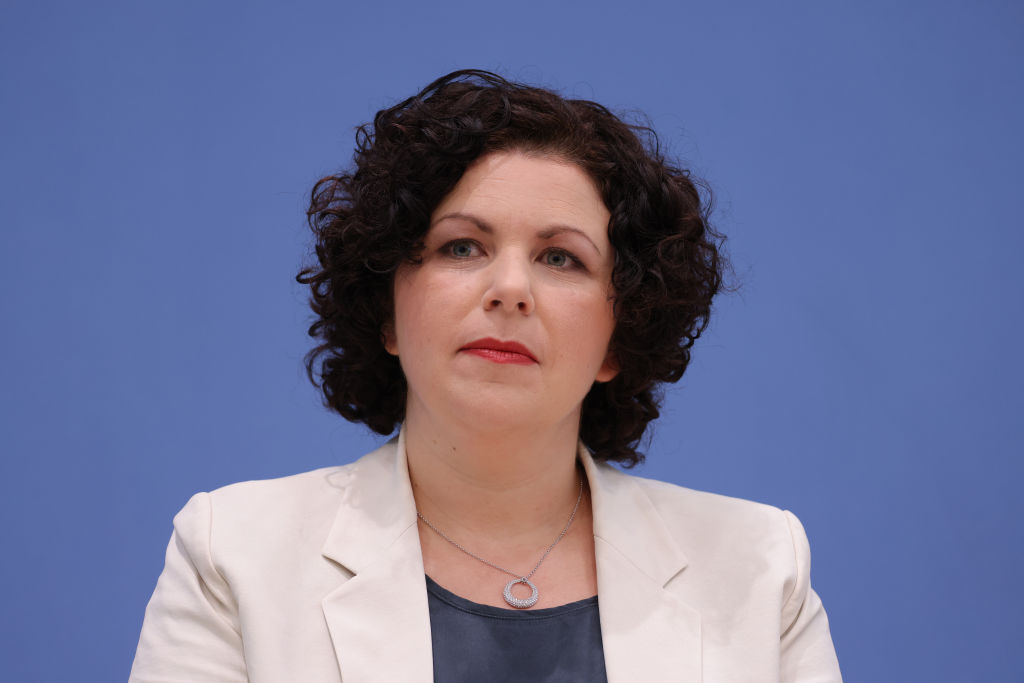“Conservatives, in fact, are mostly losers.”
This was one of the main messages of Maximilian Krah, the lead candidate for Germany’s populist Alternative für Deutschland (AfD) party, when he visited the Brussels Signal studio back in October.
How true this statement is remains up for debate. According to INSA polling, the Conservative Christian Democrats — split between two sister parties, the Christlich Demokratische Union (CDU) and the Bavarian Christlich-Soziale Union (CSU) — are currently the most popular group in the country with 30 per cent support. So German conservatives do not appear to be losing right now.
But populism is growing. Despite regular protests attended by tens of thousands of people, the AfD still boasts the support of nearly one-fifth of the German population. That’s nearly double what it had this time two years ago.
As we inch closer and closer to the European elections in June, such support has shown no sign of collapsing.
VIDEO: If the EU doesn't put an end to immigration "everything else is done", AfD MEP @KrahMax said during an interview in the Brussels Signal studio.
Full vid: https://t.co/GGMIjk8DEl pic.twitter.com/dVsUBJluOl
— Brussels Signal (@brusselssignal) October 19, 2023
These last two years have seen the rise of a more hardline AfD. Initially launching as a rather libertarian, anti-EU party, the group has since drifted away from Dexiteering and towards other priorities. AfD now mainly aims to establish strict controls on immigration into Germany, as well as to roll back much of the country’s green policies.
Many of its senior members also advocate for people to take greater pride in being German, a controversial talking point for many politicians in the country.
But the AfD is far from the only example of rising German populism. Officially splitting off from the progressive Die Linke party in January, the Bündnis Sahra Wagenknecht (BSW) has promised to mix left-wing economics with a number of common populist talking points.
Led by the eponymous Sahra Wagenknecht, a populist firebrand in her own right, the group has argued that Germany needs to control immigration, support peace in Ukraine and roll back wokeness.
“She promotes something that she calls left-wing conservativism,” historian Katja Hoyer explained in an interview with Brussels Signal in February.
“The idea is that you basically are conservative on social issues like immigration… but then very left-wing on things like workers rights.”
“That’s a combination I think that might work it,” the expert added. “It certainly fills a gap on the political spectrum that has been there for a long time.”
?️ "You can't stand there and tell these people that they're disgusting and then expect them to vote for you!"
Historian @hoyer_kat warns Germany's mainstream parties that their demonisation of AfD voters will backfire.
Catch the full video at https://t.co/HNVo5yeFPE pic.twitter.com/HHJMRnfRdt
— Brussels Signal (@brusselssignal) February 13, 2024
Hoyer’s observation appears to be supported by the data. Despite only being launched in January, the BSW already boasts 6 per cent support nationwide, twice that of the party’s languishing predecessor Die Linke. The group has announced it will field former MEP Fabio de Masi as its lead candidate in the European Elections in June.
Together, the two parties rival the support of even the Christian Democrats. As well as that of Germany’s federal centre-left coalition government.
Dubbed the traffic-light coalition by the country’s media, the country’s three ruling parties — the Sozialdemokratische Partei (SPD), the Greens and the Freie Demokratische Partei — together boasted 52 per cent support when they were voted into power in 2021.
As of March their support stands at just 33 per cent.
Many have traced the government’s polling woes to its handling of the German economy. Hoyer noted the massive rise in energy bills as having an impact on German households, the rise itself being down to a mix of the country’s green policies meeting changing global affairs due to the war in Ukraine.
Prof Werner Patzelt, Research Director at the MCC Brussels think-tank, meanwhile claimed that it has been the coalition’s failure to properly handle migration that has prompted the populist revolt.
WATCH: Professor @WernerPatzelt says it would be a "big surprise" if the @AfD failed to make huge gains in the upcoming EU elections as it gives a voice to those disillusioned with Germany's political class.
Watch the full interview here: https://t.co/TilEsTOEhk @MCC_Brussels pic.twitter.com/aEjrscvQUJ
— Brussels Signal (@brusselssignal) January 25, 2024
“As long as our government does not change German migration policies there seems to be no real limits to the growth of right-wing populism,” he said during an interview with Brussels Signal in January.
Neither AfD nor BSW are expected to perform as well as their current polling in June, which is designed around a possible snap German federal election than the forthcoming EU one. This is due to a few quirks of the German electoral system, which gives very small, often single-issue parties much greater influence than they normally have.
Instead, current polling indicates AfD will likely land 15 per cent of the vote, with BSW expected to end up with 3 per cent. The excess support will likely land in the hands of small outfits, such as the German Pirate Party and the Free Voters.
Nevertheless, between surging populism and the stalwart Christian Democrats, all three of the country’s ruling coalition parties look set to lose bigly come June.
This power shift has not gone unnoticed. Both the Christian Democrats and the ruling government coalition have grown increasingly vocal about crushing this growing populist upheaval. The AfD has drawn particular ire, with many mainstream politicians now openly discussing whether the group should be declared illegal.
Both Patzelt and Hoyer have questioned the viability of such a move, and whether such talk of cutting the party out of the democratic process is helpful.
“If you just focus on how to keep them out of power or how to ban them you’re not really focusing on the reasons why people would vote for them in the first place,” Hoyer said.
As a consequence, she warned that such attempts to crush the AfD could end up making it stronger. For her, a more constructive approach is required.
“[T]he answer to me really is politics,” she said. “That the mainstream parties do need to offer something that is credible and that makes people believe that they genuinely want to tackle the problems that people face.”
PHOTO STORY: Hundreds of thousands of people took to the streets in Germany to demonstrate against the populist right-wing AfD party, seen by many protestors as “neo-Nazi”. https://t.co/h0hbwhZgSA
— Brussels Signal (@brusselssignal) January 22, 2024





